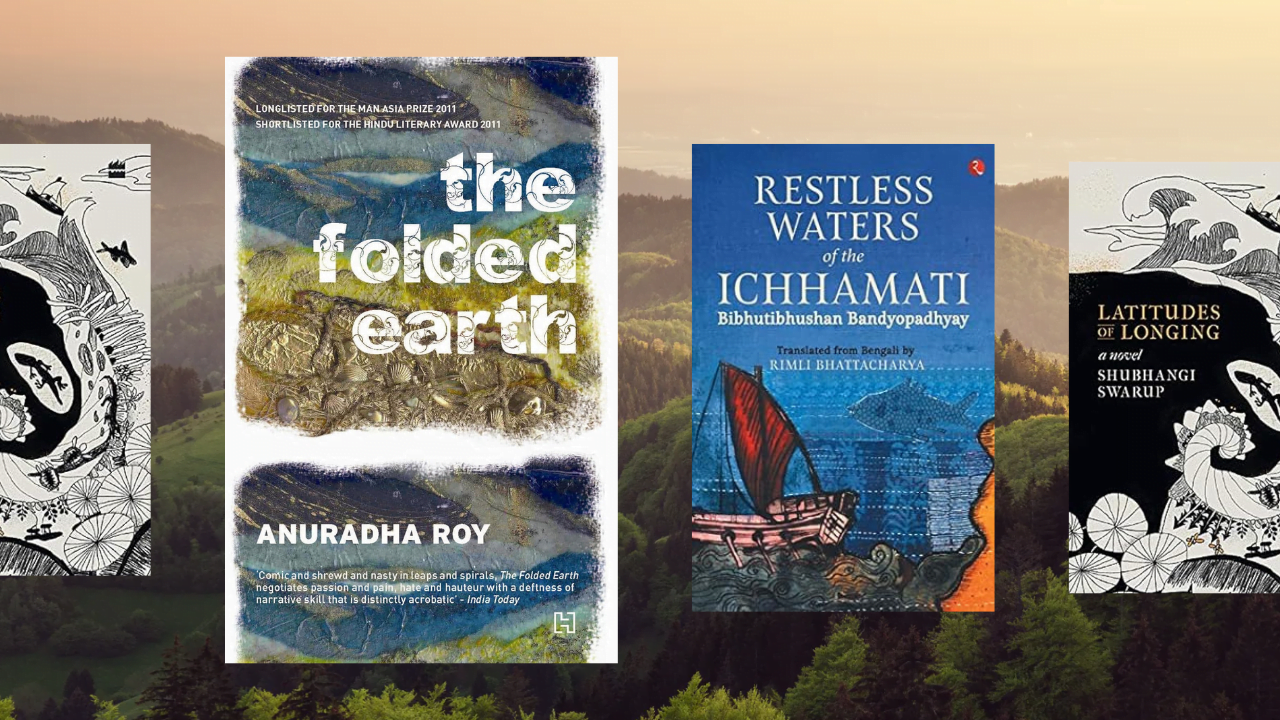Although I’ve read fiction and personal narrative nonfiction by Muslim women with feminist themes before, I was first introduced to scholarly books by Muslim feminists tackling religious “laws” head on by some amazing women in the Mipsterz discussion group a couple of years ago. It was my first time reading Muslim women scholars’ take on the Quran, Hadith (sayings and traditions of the Prophet Muhammad (peace be upon him)) and Islamic Jurisprudence (fiqh) from “within the system” so to speak. It was eye-opening and joy-causing for someone who had been developing feminist ideas not through religious instruction but personal experiences through living in various countries in Asia and North America. As a practicing Muslim who is uncomfortable with many practices within the Muslim community and the religious justifications backed up with Quran and Hadith used for those practices, reading works by feminist Muslim scholars, activists and artists has been a source of comfort and hope that certain community practices can be challenged and improved through faith-rooted efforts. As I’ve explored the space of progressive Muslim writings in general and feminist ones in particular, I’ve come to like a few in particular that I’d like to share with you.
1. Sexual Ethics and Islam by Dr. Kecia Ali
This is the first book that I read by a Muslim feminist scholar recommended by a friend who teaches in the field of religious studies and gender. This book was truly eye-opening particularly through its description of the origins of Muslim marriage contracts and the conception of marriage in traditional Islamic jurisprudence (fiqh) as a contract for exclusive sexual access to a wife with an associated financial exchange in the form of mahr. Suddenly a bunch of religious rules around marriages that had always confused me became clear. For example, mahr was always explained to me as a gift for the bride but given that it had to be returned in certain divorce cases, this modern rationalization never made sense to me. Dr. Ali’s book clarified this issue a lot besides delving into a lot of other thought-provoking questions about sexuality and marriage as conceived of in traditional fiqh and how problematic ideas in this area may be challenged with a faith-based approach.
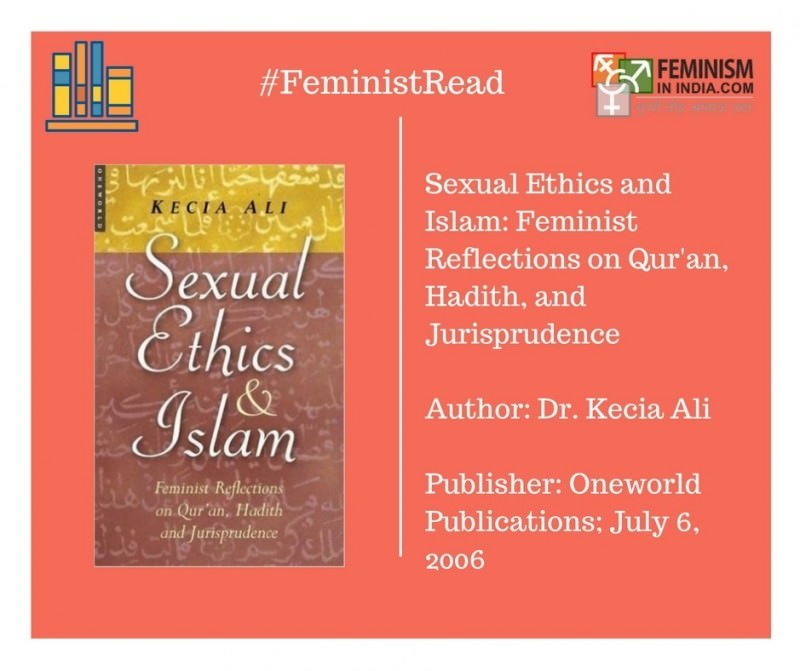
2. Quran and Woman by Dr. Amina Wadud
This book is a classic as one of the first books to tackle interpreting the Quran from a feminist perspective. Dr. Wadud proposes some bold ideas such as linking feminism to the idea of tawhid or God’s unicity in Islam and patriarchy as incompatible with that. Her unapologetic, fearless writing makes what might be an otherwise dense, academic topic a very compelling read. As many later works on Islam and feminism refer to this work, this is a must-read in getting your feet wet in this topic.
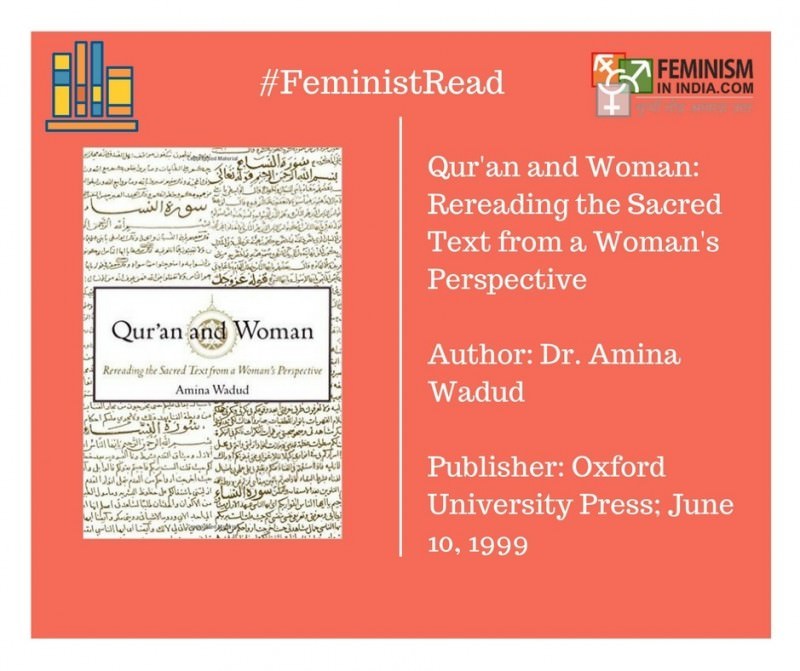
3. Feminist Edges of the Quran by Dr. Aysha Hidayatullah
In 2016, we are lucky to have a number of scholarly books on Islam with a feminist perspective since Dr. Wadud’s pioneering work. Aysha Hidayatullah’s 2014 book surveys the breadth of this literature and summarizes the major works and themes in this area. It then offers critiques of this work to highlight where interpretations of the Quran might run into roadblocks preventing strongly backed up feminist readings which she terms feminist edges of the Quran. Her work does end on an optimistic note about forging new directions in engaging with the Quran as feminists. It’s an excellent read for lay readers looking to get an overview of the current thought in the field of feminist interpretations of the Quran.
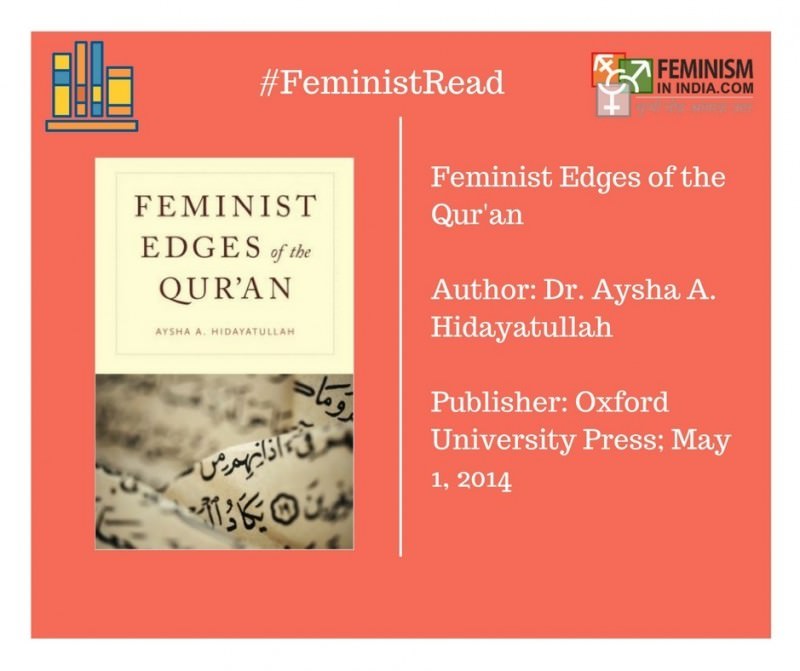
4. Inside the Gender Jihad by Dr. Amina Wadud
This second book by Dr. Amina Wadud makes it to the list as it links the scholarly work she has done in interpreting the Quran from a feminist perspective with applying her ideas to activism in various communities she has lived and worked in, including Malaysia and the United States.It highlights the importance of looking at the real lives of women and centering women’s experiences in the process of deriving and applying religious rules and also in linking theory and action. She does this through powerfully describing her personal journey navigating the “gender jihad” in the communities she has been a part of.
 5. Men in Charge edited by Dr. Ziba Mir-Hosseini
5. Men in Charge edited by Dr. Ziba Mir-Hosseini
Like Dr. Wadud’s book in #4, Men in Charge melds theory with action. It is a collection of essays addressing a single topic, that of male authority justified through patriarchal readings of a couple of verses in the Quran. What makes it really powerful is how the book brings together scholars and activists from all over the world to tackle this issue from every angle: from defining alternative interpretations from a feminist perspective to lobbying for changes in laws codifying male authority in the context of marriage in several Muslim communities. This is a brilliant must-read book that really gets the reader to jump in hands-on in considering the role of feminism in shaping thought and action in Muslim communities.
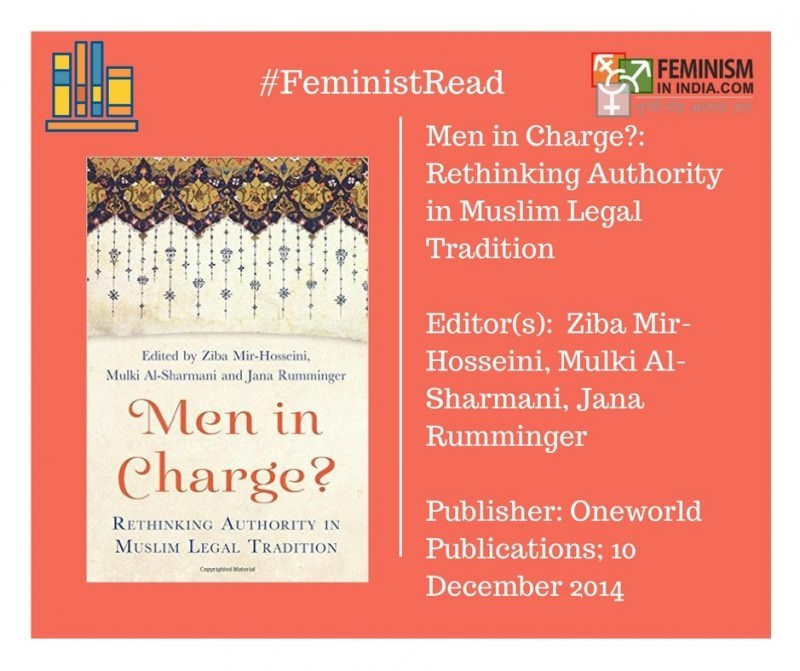
6. Hadith by Dr. Jonathan A.C. Brown
Although not a book by a Muslim feminist, I’m including this in here as something that helped me think through how patriarchy impacts texts that are sources of Islamic jurisprudence. Dr. Brown’s book describes in detail the process by which hadith, the sayings and traditions of the Prophet Muhammad (pbuh), were collected, sorted, and compiled. Many sexist ideas in the Muslim community are related to certain popular hadith and they also influence religious laws. The hadith compilation process described in this book makes clear the opportunities for implicit and explicit bias of any kind to colour the major hadith collections. Patriarchal bias is not specifically tackled but I found this a useful basic read to take ideas from and apply them to situations where certain hadith are used to justify sexist policies.
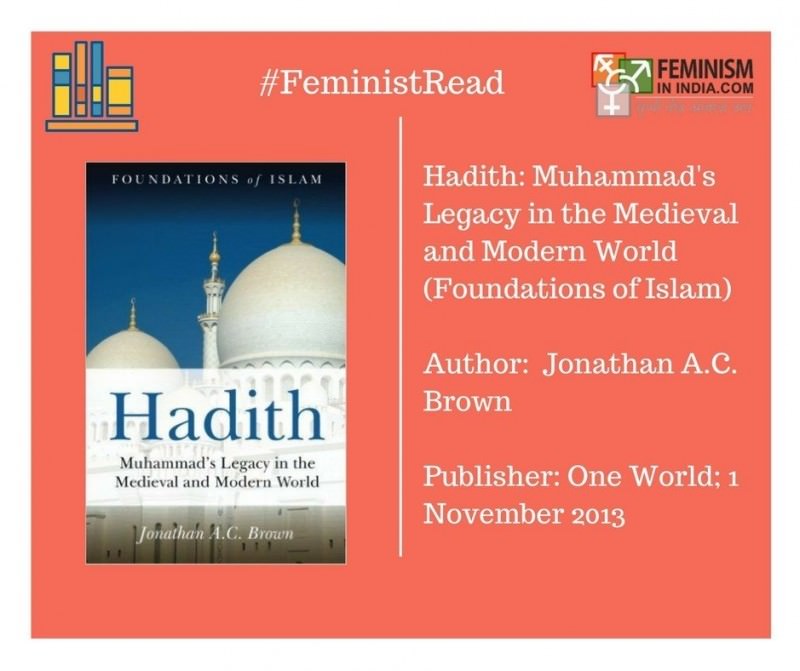
7. Love, InshAllah edited by Ayesha Mattu and Nura Maznavi
On the theme of centering Muslim women’s experiences, this book is a fun and thought-provoking read. This book neither focuses on scholarly work or activism, but instead is a collection of essays by American Muslim women about their experiences with love, sexuality, relationships, and marriages: an area often intersecting with feminist work. The stories, both happy and sad, show the breadth of experiences of Muslim women in the US including their relationships to commonly held religious beliefs, religious “rules”, patriarchy, and the Muslim community.
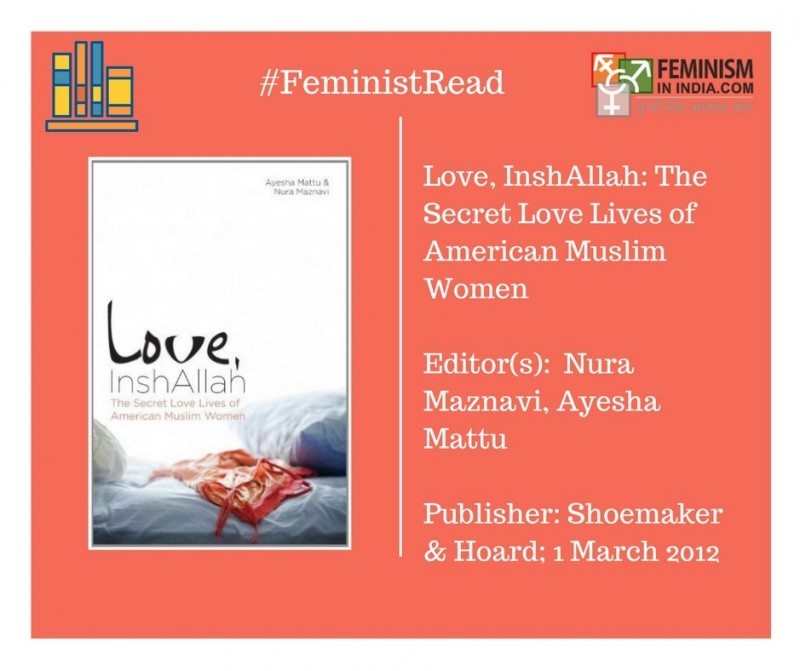
8. Feminism and Religion blog
This is not a book but a blog covering the intersection of feminism and religion which I have recently started reading. It actually covers writings by authors from many different religious backgrounds including several Muslim authors. It’s a great way to see the latest musings by feminist Muslim scholars on current events, personal experiences, as well as their latest works. Additionally, by reading works from authors tackling other religions besides Islam, it highlights common challenges and opportunities for solidarity and collaboration among feminists of faith.
Finally, this was just a small taste of the excellent literature about Islam and feminism out there. A much more comprehensive list can be found at one of my favourite blogs: Freedom from the Forbidden by Shehnaz Haqqani.
Also read: 8 Books That Capture The Essence of Muslim Women
Zahra Khan is an aerospace engineer and Muslim feminist living in Cambridge, MA in the US. She recently started the group Feminist Islamic Troublemakers of North America to work on building collaborations of activists spreading FITNA (sedition/temptation/discord/corruption) aka feminist ideas and projects in Muslim communities. She likes space exploration, Quran recitations in female voices and smashing the patriarchy.
Featured Image Credit: The Platform
Editor’s note: Dated February 17, 2022, the author and the publication are of the stand that due to events after the time of writing, we no longer endorse Professor Jonathan Brown because of the harmful views he has been promoting. He has gone on to make extremely racist, misogynist and ableist statements since then.
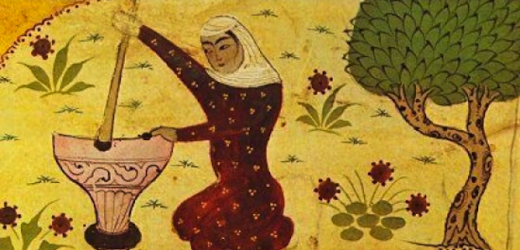
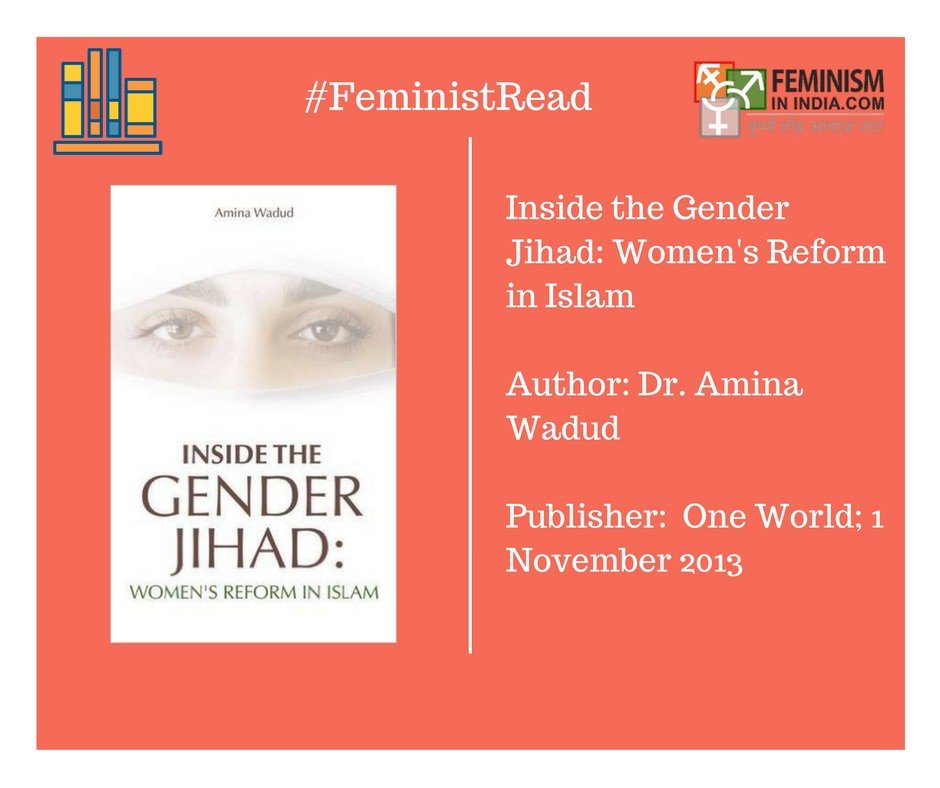 5. Men in Charge edited by Dr. Ziba Mir-Hosseini
5. Men in Charge edited by Dr. Ziba Mir-Hosseini
